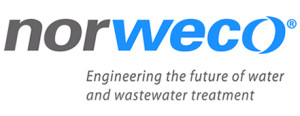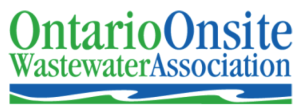How to Take Care of Your Septic System

The Benjamin Franklin axiom that “an ounce of prevention is worth a pound of cure” is as true today as it was when Franklin spoke the words and it applies doubly for your new septic (sewage) system. The most effective way to prevent expensive damage is to practice proper care and maintenance. So, here are some ways you can prevent trouble from happening in the first place:
Have your system pumped and inspected regularly.
This is key to keeping your system running smoothly. You’ll also be able to identify any issues that may be forming, and catch problems before they become a costly replacement. The frequency of these activities will depend on the size of the system and typical water usage habits. A good rule of thumb is to have it pumped and inspected every 3 to 4 years.
Practice efficient water use.
All of the water used in your home’s plumbing will end up in your septic system. By preventing wasteful use of water, you reduce the load on your system and give it time for the proper breakdown of waste. Efficient use of water can make your septic system last longer.
Consider replacing inefficient toilets with high-efficiency models to reduce water waste when using the bathroom. Look for energy-efficient shower heads and tap aerators to further reduce your water usage. There are some great models on the market that will manage the flow without leaving you feeling deprived. Also, when doing laundry, be sure to use the correct load size settings on your washer to avoid using more water than is necessary to clean your clothes.
Dispose of waste responsibly.
Everything you pour down a sink, flush down a toilet, or wash down another drain will end up in your septic system. Understanding what you can and should not put into your septic system will promote the longevity of it.
Never put these items through your septic system:
- Cooking oil or grease
- Coffee grounds
- Cigarette butts
- Feminine hygiene products
- Baby wipes or diapers
- Dental floss
- Paper towels, kleenex tissues, cotton balls, Q-tips.
- Harsh household chemicals and bleaches – these will kill the good bacteria that keep your system healthy.
- Drain opening chemicals – use a drain snake or call a plumber instead.
Check your household cleaning product labels for “septic safe” information. Note though that even products that advertise to be safe for septic systems can cause damage if used excessively.
Take care of your Septic Field.
The septic drain field is one of the most important components of a septic system. In this leach area, the disposed wastewater enters the filter media and soil to break down naturally and remove contaminants. Once this water has gone through the process it helps to replenish groundwater in the soil.
Keep your drain field in good repair by:
- Cleaning your outlet filter annually.
- Never parking or driving vehicles or heavy equipment over it.
- If planting trees and bushes with deep roots or spreading habit, make sure they are planted well away from the field.
- Avoid introducing excess water to the area, such as gutter runoff or overwatering grass and gardens.
- In times of heavy rain, be mindful of the amount of household water you are putting into the system. This would be a good time to avoid doing a lot of laundry!
By following these tips you’ll enjoy many years of efficient sewage management. Of course, sometimes things can go wrong no matter how diligent we are. When that happens please call us to assist with troubleshooting and any repairs/remediation you might require.





